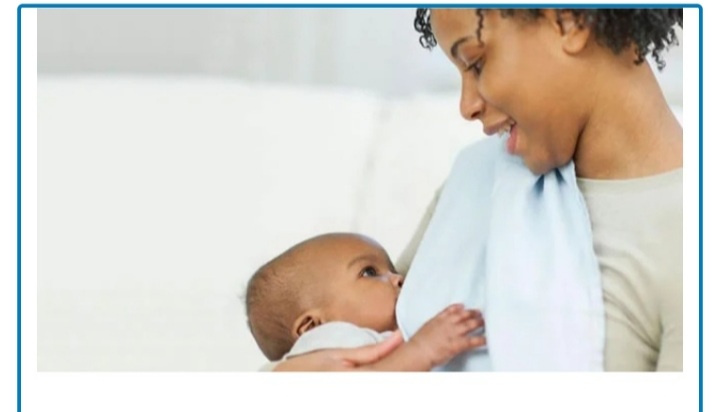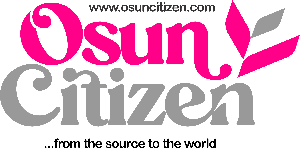BREAST MILK OF MOTHERS WHO RECEIVE COVID-19 JABS CONTAINS POTENT ANTIBODIES — Study

The breast milk of lactating mothers vaccinated against COVID-19 contains a significant supply of antibodies that may help protect nursing infants from the illness, new research from the University of Florida has shown.
“Our findings show that vaccination results in a significant increase in antibodies against COVID-19 virus in breast milk, suggesting that vaccinated mothers can pass on this immunity to their babies, something we are working to confirm in our ongoing research,” said Dr Joseph Larkin III, senior author of the study published and an associate professor in the University of Florida/IFAS department of microbiology and cell science.
The study is published in the journal Breastfeeding Medicine and cell science.
Think of breast milk as a toolbox full of all the different tools that help prepare the infant for life. Vaccination adds another tool to the toolbox, one that has the potential to be especially good at preventing COVID-19 illness,” said Dr Josef Neu, co-author, and professor in the University of Florida College of Medicine’s department of pediatrics, division of neonatology.
He said breast milk allows nursing mothers to provide infants with “passive immunity”.
“The results of our study strongly suggest that vaccines protect mother and baby, another compelling reason for pregnant or lactating women to get vaccinated.”
The study was conducted between December 2020 and March 2021, when the Pfizer and Moderna vaccines first became available to health care workers.
For the study, researchers recruited 21 lactating health care workers who had never contracted COVID-19.
The research team sampled the mothers’ breast milk and blood three times: before vaccination, after the first dose, and after the second dose.
“We saw a robust antibody response in blood and breast milk after the second dose — about a hundred-fold increase compared with levels before vaccination,” said Lauren Stafford, a doctoral student in Larkin’s lab.
“These levels are also higher than those observed after natural infection with the virus,” said Dr Vivian Valcarce, a resident in the UF College of Medicine’s department of pediatrics, division of neonatology
But vaccinating mothers to protect babies is nothing new, Valcarce said.
“Typically, expectant mothers are vaccinated against whooping cough and flu because these can be serious illnesses for infants. Babies can also catch COVID-19, so routine vaccination of mothers against the virus could be something we see in the future,” Valcarce said.
With that in mind, the research team is continuing to explore how breast milk containing COVID-19 antibodies gained through vaccination protects babies who consume it.
“We would like to know if infants who consume breast milk containing these antibodies develop their own protection against COVID-19,” Larkin said.
“In addition, we would also like to know more about the antibodies themselves, such as how long they are present in breast milk and how effective they are at neutralizing the virus.”
Neu said his lab is also interested in exploring the potential therapeutic uses of breast milk produced by vaccinated mothers.
Unanswered questions aside, the researchers remain excited and encouraged by their initial results.
“There is still so much we are learning about breast milk and all its benefits, and that’s what makes this research so fascinating — not just for us scientists but for non-scientists, too,” said Stafford, who is pursuing a degree in microbiology and cell science in the UF/IFAS College of Agricultural and Life Sciences.
@ Vanguard Newspaper
